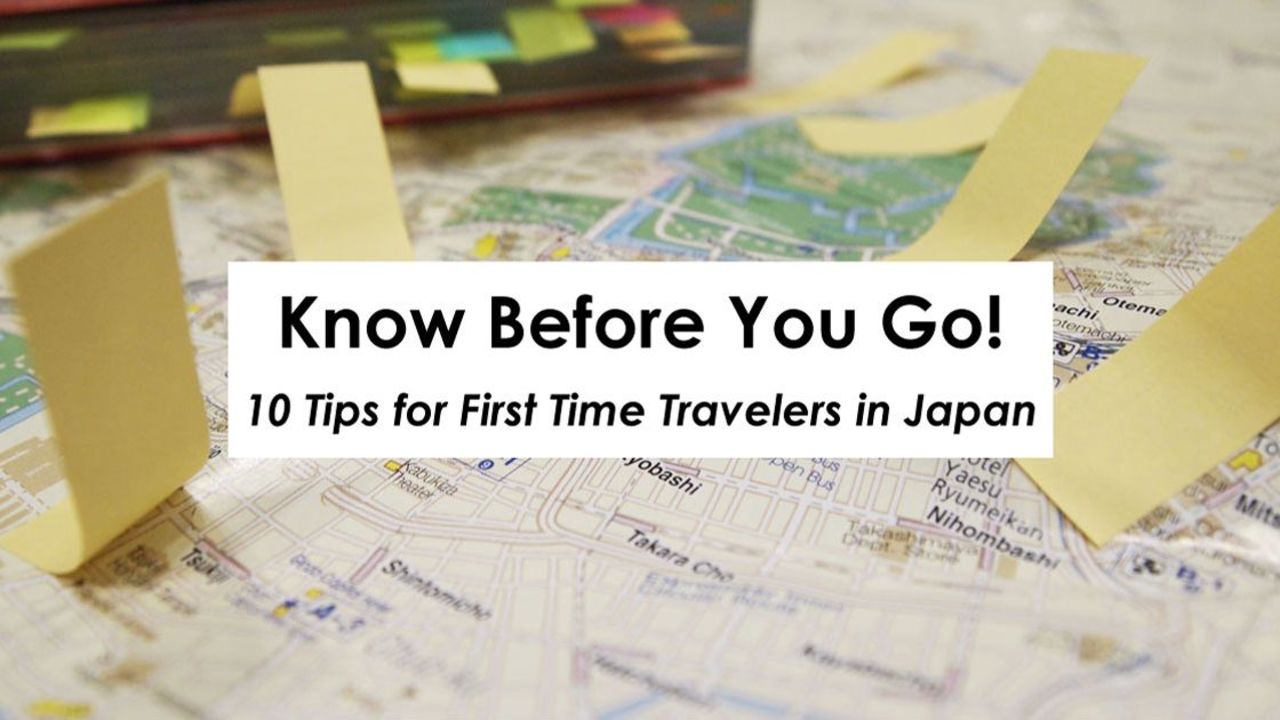
It's your first trip to Japan. You're probably really excited-- and maybe even a little nervous-- as you start to plan where to go and what to pack. To help you out, we've compiled a list of suggestions from people who've been to Japan before so you can make the most of your trip from day one!
Get a wallet that can handle (lots of) coins
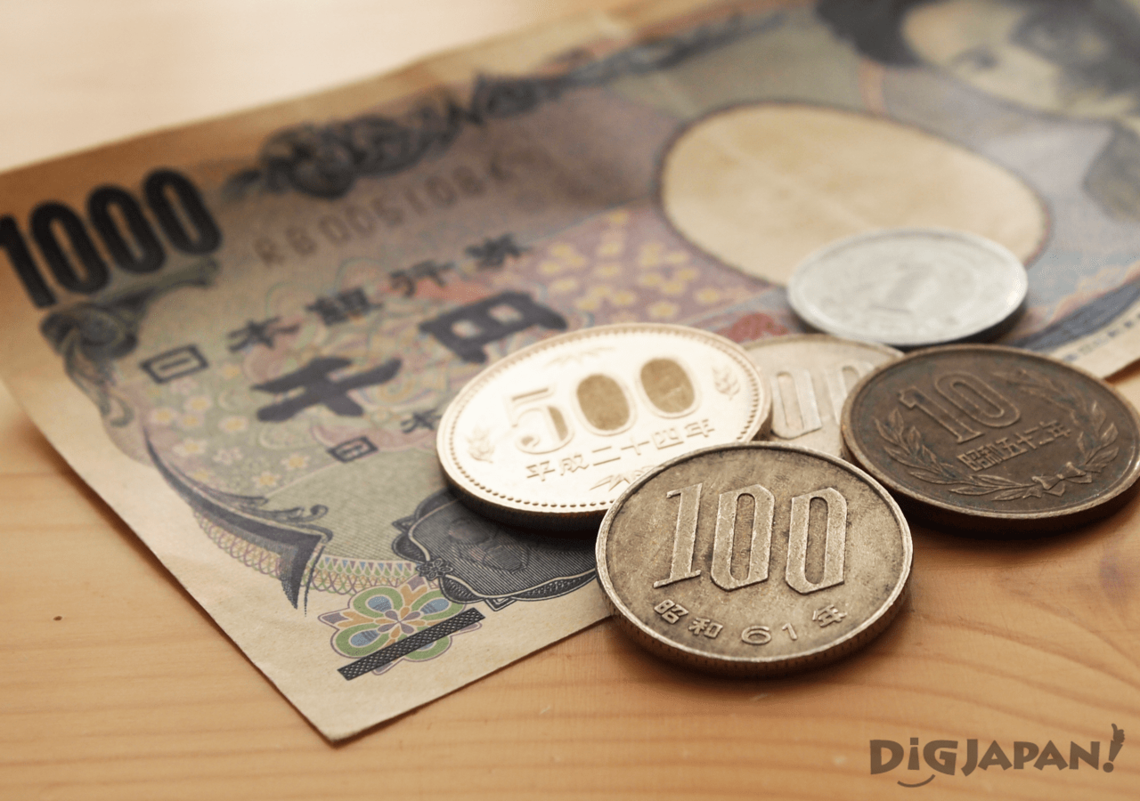
While paying with a debit or credit card may be second nature to many of our readers, Japan is still very much a cash-based society. What's more, they use a lot of coins as the smallest denomination of paper money is 1,000 yen. That's currently the equivalent of approximately 8 US dollars. There are 500, 100, 50, 10, 5, and 1 yen coins. Save yourself a lot of trouble while shopping and get a wallet with easy access to coins.
Get a rental SIM card or a pocket WiFi device
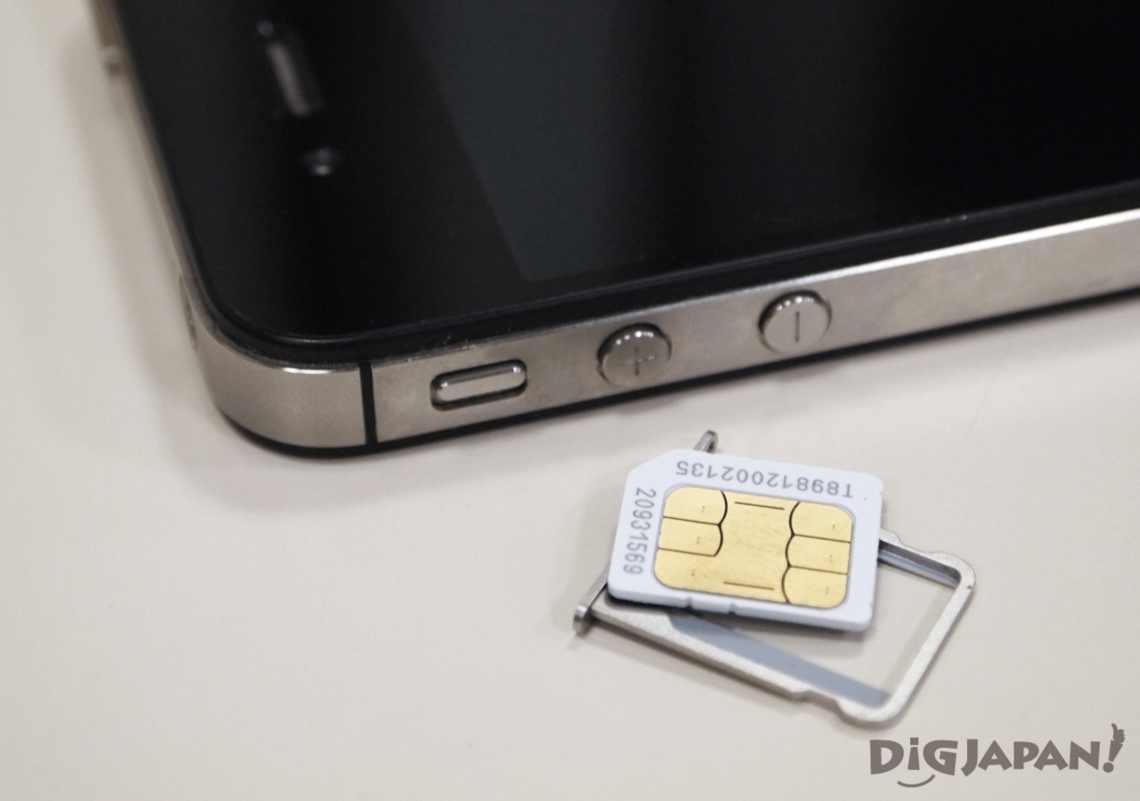
Wandering off the well-traveled path is great. Wandering around for several hours trying to find your way back to your hotel is not. Do yourself a huge favor and invest in either a rental SIM card or a pocket WiFi device so you can have access to maps and travel information. And Instagram, of course. With so much delicious food and awesome scenery, you’re going to want Instagram. In addition to several service counters, there’s now also a data SIM card vending machine in Narita Airport. Important: check what size of SIM card your device uses—regular, micro, or nano— before you come to Japan!
Bring a handkerchief and/or hand wipes

Many public restrooms in Japan don’t have either paper towels or electric hand dryers. For this reason many Japanese people tuck a handkerchief in their bags or purses when they go out. You could bring a small towel from home, but the cute ones they sell in Japan make great souvenirs. You may also encounter restrooms that don't have hand soap, particularly when traveling in rural areas. If that bothers you, then purchase some antibacterial hand wipes or gel.
Lastly, you might want to take along a small pack of tissues. Why? There are rare occasions where Japanese restrooms do not have stalls equipped with toilet paper. You’re likely to encounter someone on the street handing out little packs of tissues with an ad or a coupon inside at some point, anyway, so smile and accept it.
Use luggage forwarding services
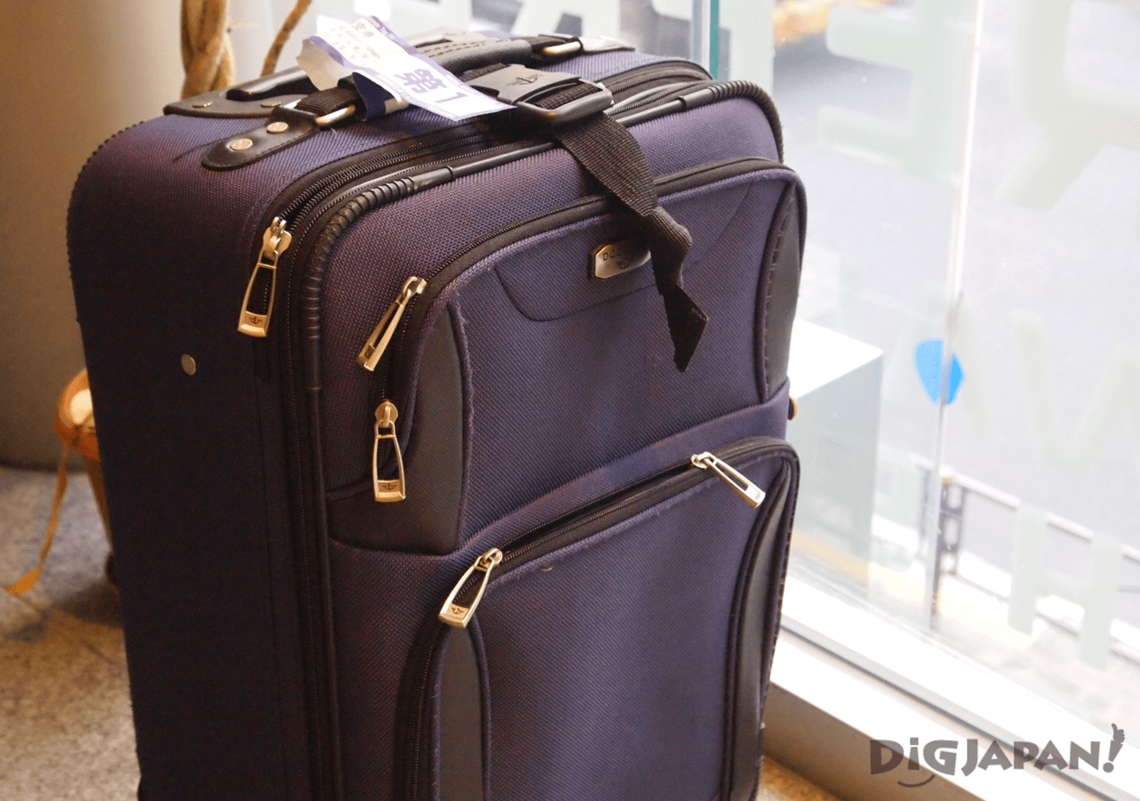
You've probably heard wonderful things about the Shinkansen, Japan's bullet train. This is for good reason: the Shinkansen is clean, comfortable, and famously punctual. What you may not have heard is that luggage space is limited to narrow overhead racks and the empty spaces behind the last seats in each car. This isn't exactly ideal if you're traveling with several large pieces of luggage. And then of course there's the hassle of trying to maneuver gigantic suitcases through crowded stations.
Avoid this by using a luggage forwarding service. This is a great idea if you’re planning on getting the most out of a JR Rail Pass by making a few stops along the way before getting off at your final station. (Example: make a brief stop at Okayama Station to see the gorgeous Koraku-en gardens when heading from Kyoto to Hiroshima.)
Bring a bag for trash
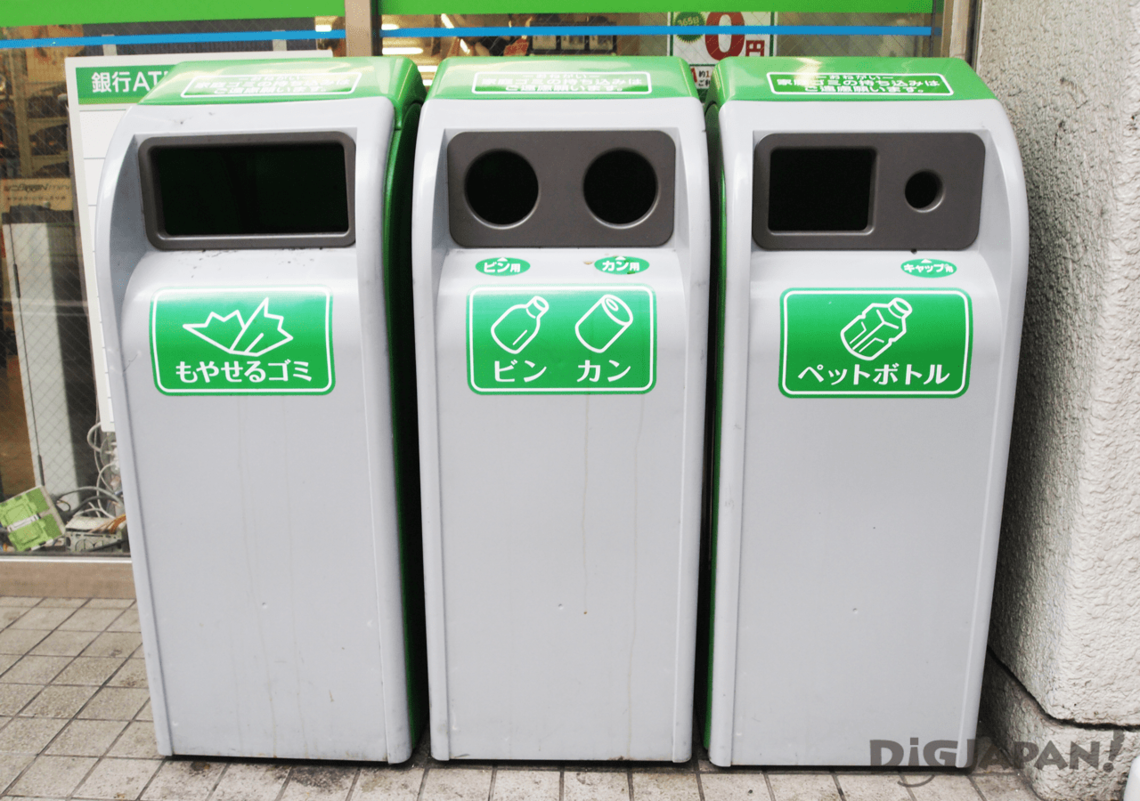
Don't get too used to this site. There are virtually no trash cans in public spaces in Japan. It’s a good idea to take a plastic bag with you to stash your trash until you come across a trash can. You stand a good chance of finding some at convenience stores or on train station platforms. Keep in mind though that garbage is separated by category, so be sure you're putting your trash in the right spot.
Rent bicycles when possible
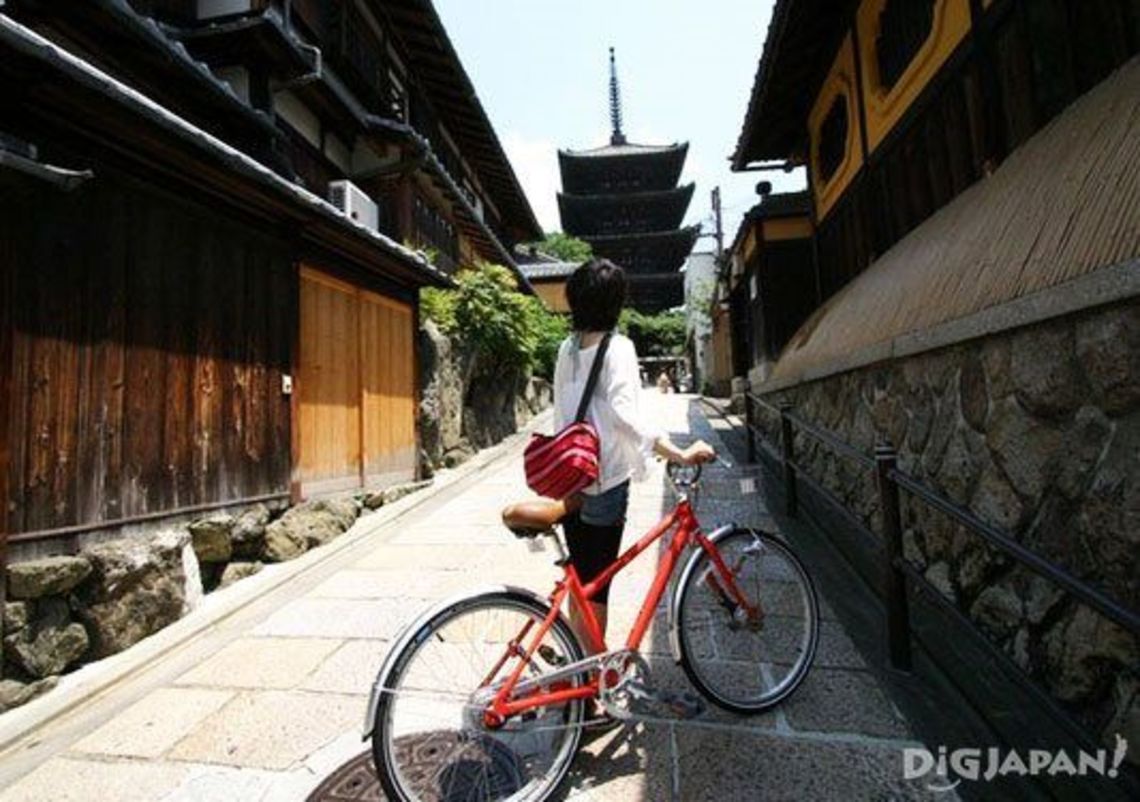
Renting a bike is a great way to cover a lot of ground in a day. One city that is particularly good to cover on bike is Kyoto. The areas of Arashiyama and Sagano are lovely for biking during the spring and fall. One option for renting a bike is through Kyoto Cycling Tour Project, the largest rent-a-cycle shop in the city.
Choose comfortable shoes
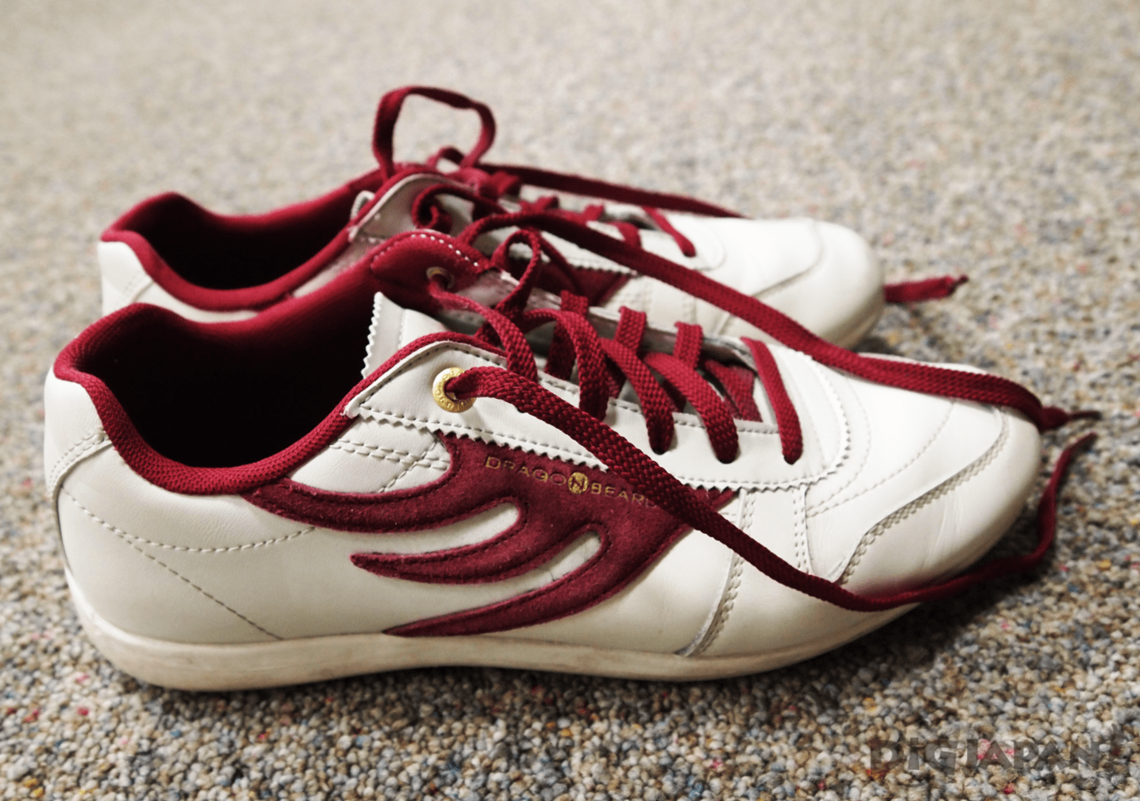
This may be a no-brainer, but your trip is not the time to be breaking in your new shoes no matter how perfectly they match your outfit. You will be walking a lot while traveling in Japan—not only to and from destinations, but even more once you get there. Trekking through the torii of Fushimi Inari Shrine with uncomfortable shoes is sure to turn what should be an amazing experience into a nightmare.
Avoid schedule overload
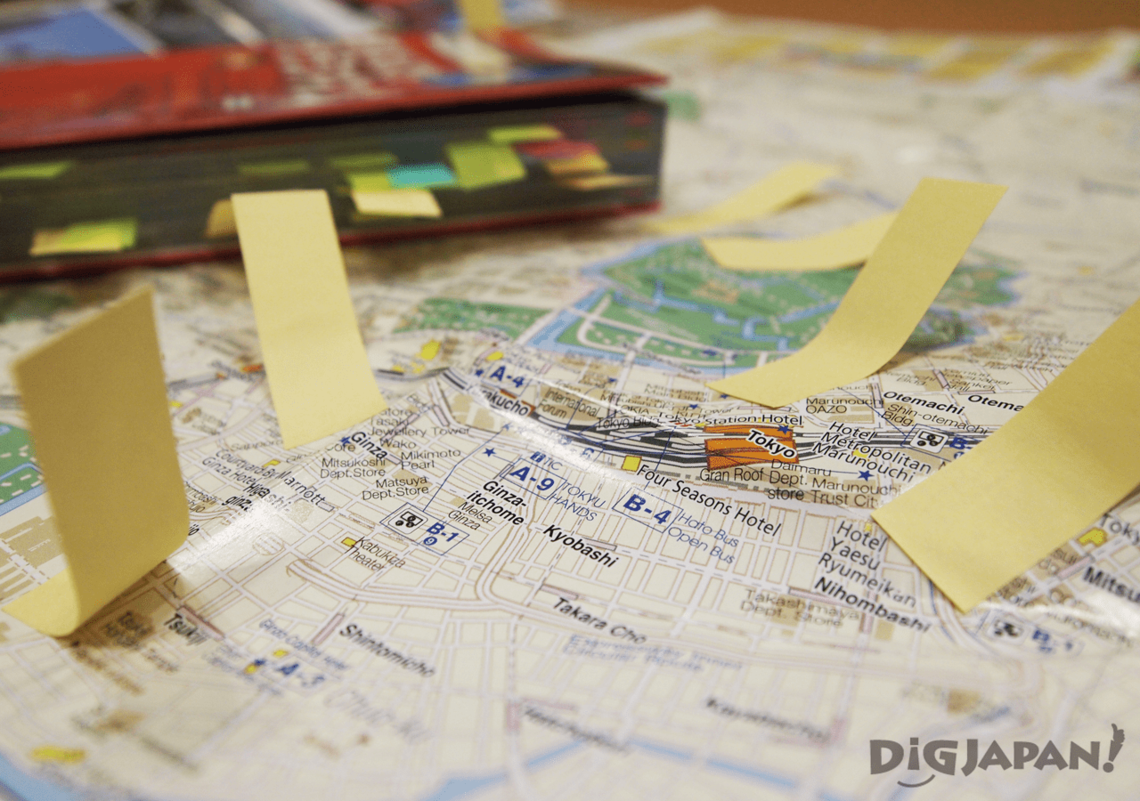
As with many things in life, less is often more. Plan your days so you can enjoy your time at each place you visit without having to check your watch every five seconds to make sure you’re not running behind schedule. Planning break times is also a good idea to give yourself a chance relax.
Learn survival Japanese
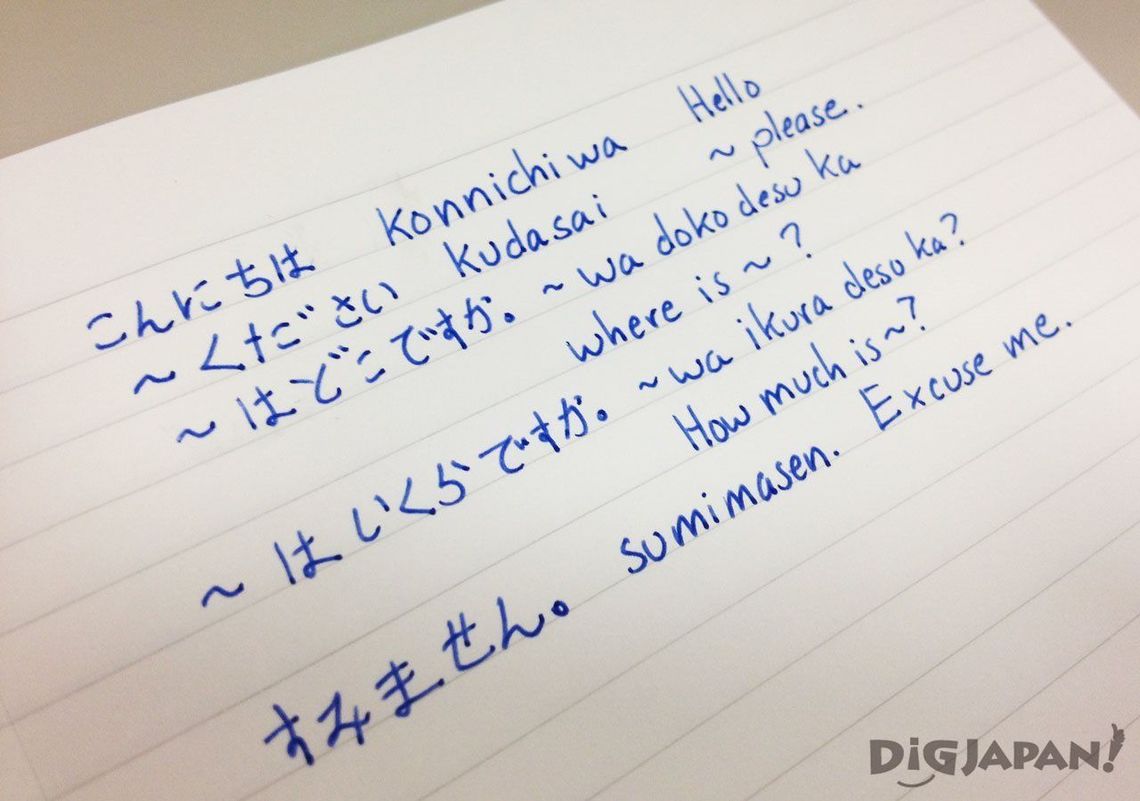
We’ll be honest: Japan as a whole has a lot of catching up to do when it comes to English proficiency. View this as your opportunity to start learning a foreign language. Here are a few key phrases that you might want to jot down somewhere until you have them memorized.
「xxx eki wa doko desu ka?」 (xxx eh-key wah doh-koh deh-su kah)
"Where is xxx Station?"
「xxx made itte kudasai.」 (xxx mah-day ee-teh koo-dah-sah-ee)
"Please go to xxxx." ← Say this to your taxi driver.
「Sumimasen.」 (soo-me-mah-sehn)
"Excuse me." ← You say this when you bump into someone. You also use this word to call out to your server in a restaurant or izakaya when there is no touch screen or call bell at the table. Unlike in some other countries, calling out to get your server's attention is not considered rude.
「O-kaikei onegai shimasu.」 (oh-kai-kay oh-neh-gai-she-mah-su)
"Check, please!" ← Say this when you're finished eating and want the check. You will usually pay your bill at the register towards the front of the restaurant. Sometimes you may be able to pay at the table, but you will never be able to leave money with the bill at the table. One more thing: there’s no tipping in Japan.
Bring your passport for tax exemption
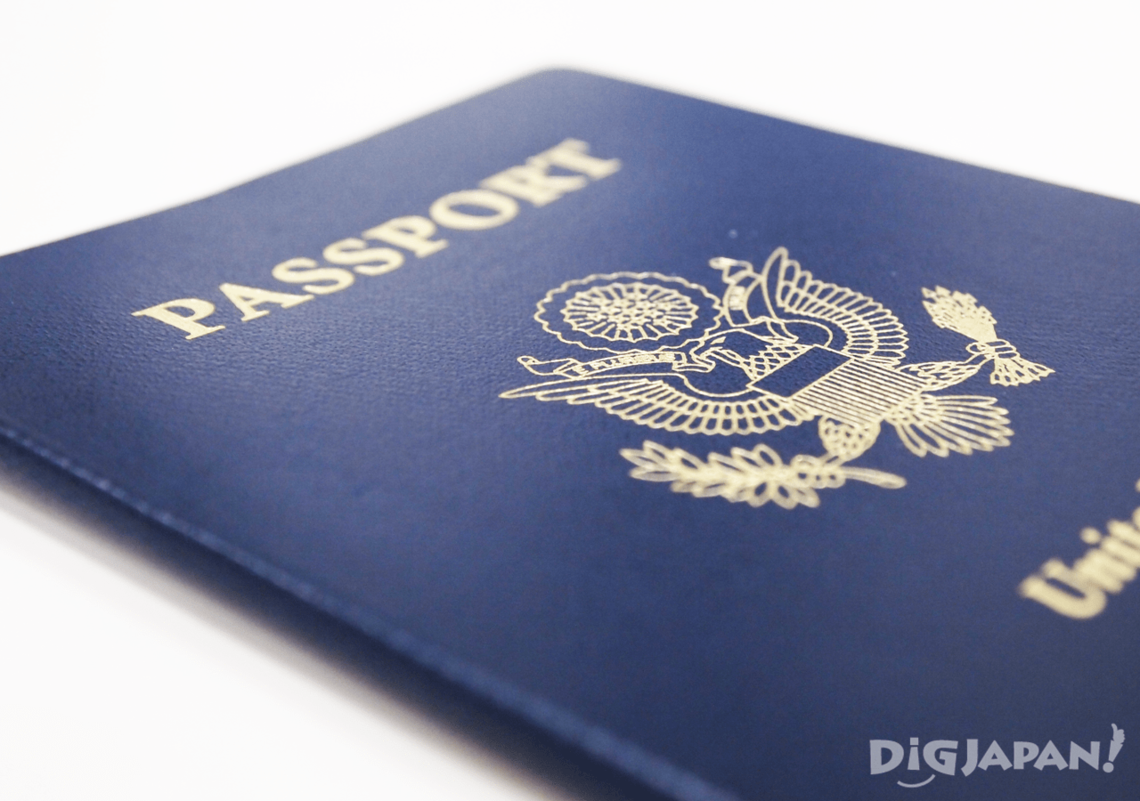
To take advantage of tax exemption at stores like Tokyu Hands and Don Quijote, you need to show your passport. There's nothing worse than having purchased a ton of stuff only to find that you’ve forgotten your passport at the hotel. You can learn more about how to shop tax-free here.
(Written by Rachael Ragalye/DiGJAPAN!)
Related articles from DiGJAPAN! Celebrate the summer with these 10 Amazing Fireworks Festivals in JapanKuromon Market: Osaka’s Foodie Paradise
Enjoy the Tastes of Kyoto at Nishiki Market

